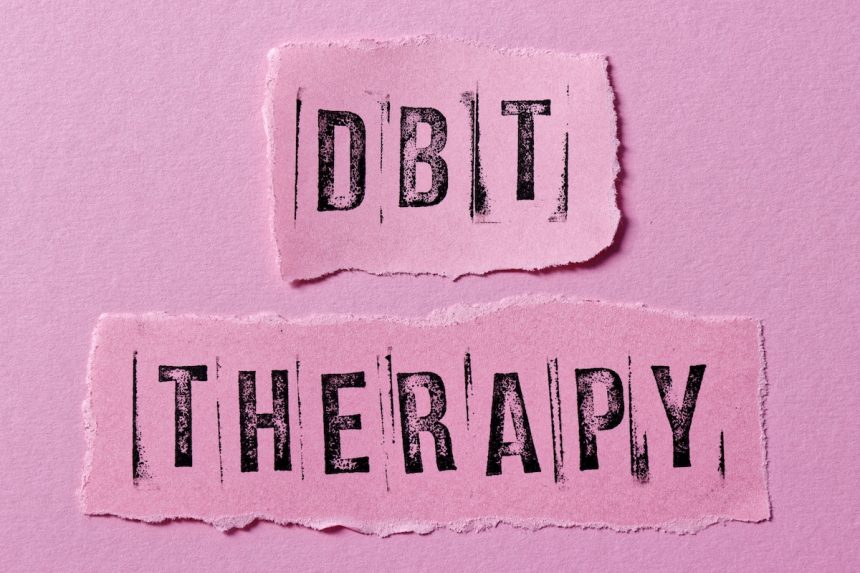In the UK, young people aged 5 to 16 are facing a high prevalence of mental health issues, with over 20% requiring support (NCSR, 2023). Adolescents are particularly vulnerable to long-term disability (Solmi et al., 2021), highlighting the urgent need for targeted interventions. Universal preventative strategies in schools could reach a wide audience, but evidence for their effectiveness is mixed (Cipriano et al., 2023). Some studies even suggest potential harm to mental health (Montero-Marin et al., 2022, Sanchez et al., 2018).
These interventions often address risk factors associated with common mental health disorders, such as emotion regulation difficulties (Cole & Diaz, 2024). Dialectical Behavior Therapy (DBT) offers a comprehensive approach with multiple adaptable strategies (Linehan et al., 1991), which could benefit young adolescents. Implementing group skills training based on DBT in schools has shown promise in reducing emotion dysregulation and improving internalizing difficulties (Martinez Jr et al., 2022, Flynn et al., 2018).
However, the length of such interventions may pose challenges for implementation within a school term. To address this, Harvey et al. (2023) examined an 8-session DBT-based program, WISE Teens, in Australia. The study aimed to assess the impact of the intervention on emotional and social well-being, as well as the role of homework in reinforcing acquired skills.
The study included 1,071 students from Year 8 and 9, primarily from high socio-economic status areas. Participants were assigned to intervention or control groups based on school allocation. The WISE Teens program focused on mindfulness, emotion regulation, distress tolerance, and interpersonal effectiveness, while the control group received standard Health and Physical Education content.
Results indicated a detrimental effect of the WISE Teens intervention on emotional and social well-being compared to the control group. However, students who engaged more with homework showed improvement in overall difficulties, quality of parent-child relationships, and reduced anxiety and depression. Participants suggested the intervention could be more engaging and relevant to their lives.
The study’s limitations include non-randomized allocation and potential lack of generalizability to lower SES populations. However, it highlights the importance of considering home practice in school interventions and the need for further research to refine intervention delivery and content.
In conclusion, the WISE Teens intervention did not yield positive outcomes for young adolescents, emphasizing the need for careful consideration of intervention content and delivery. Future studies should explore the efficacy of DBT-based interventions in schools through randomized controlled trials to provide evidence-based support for mental health in young populations.






